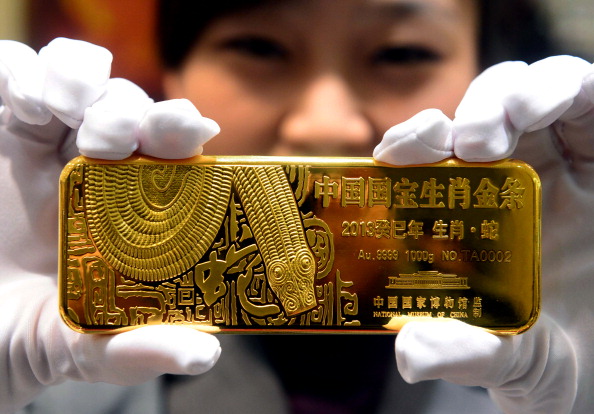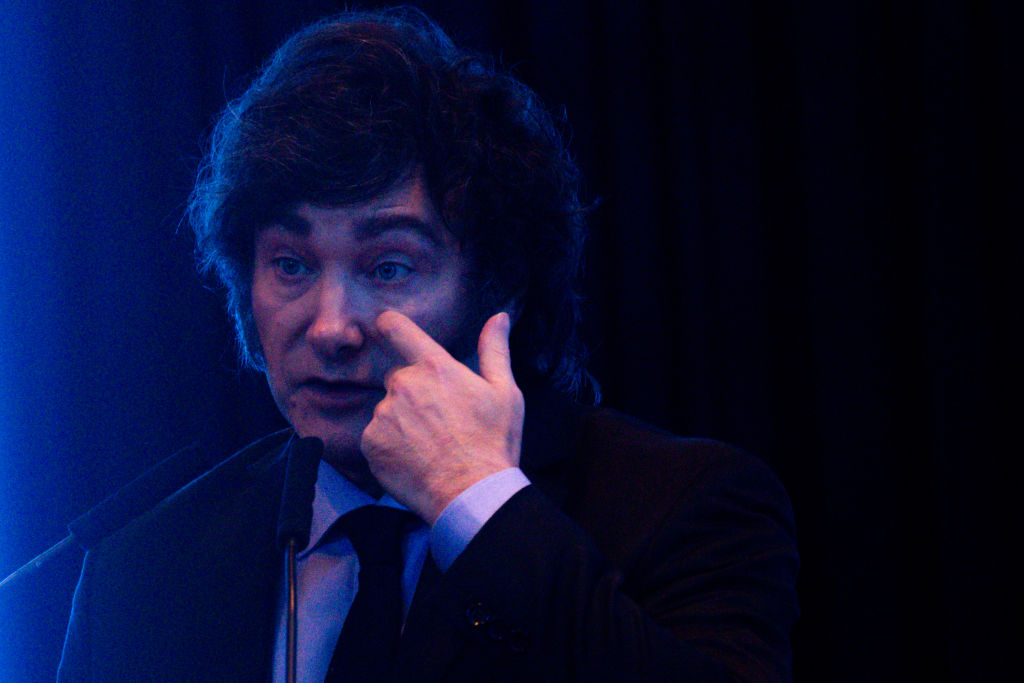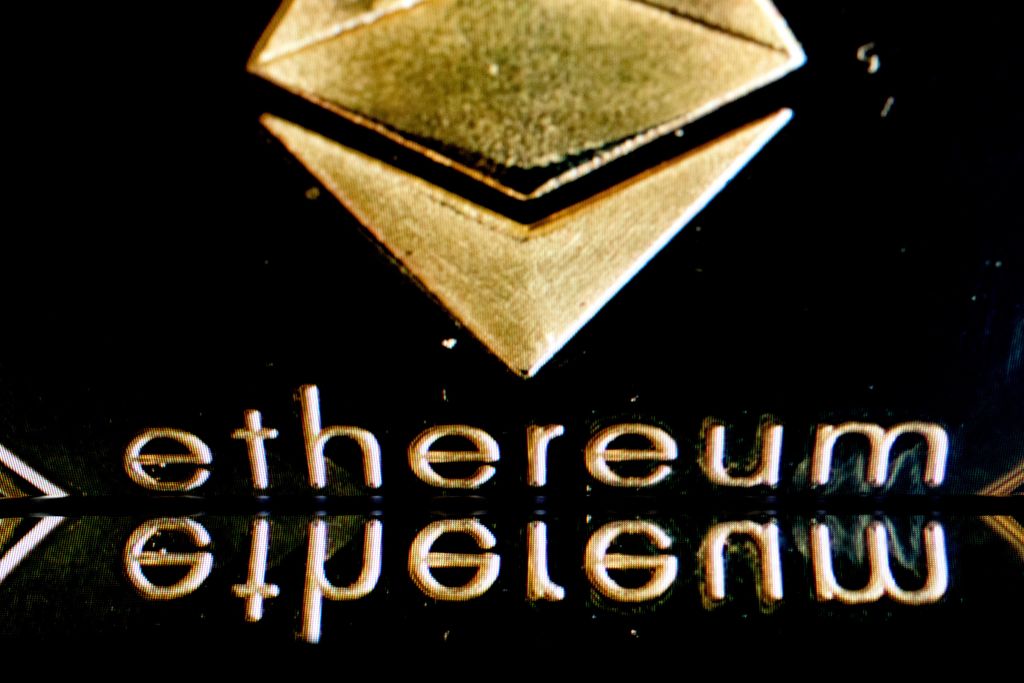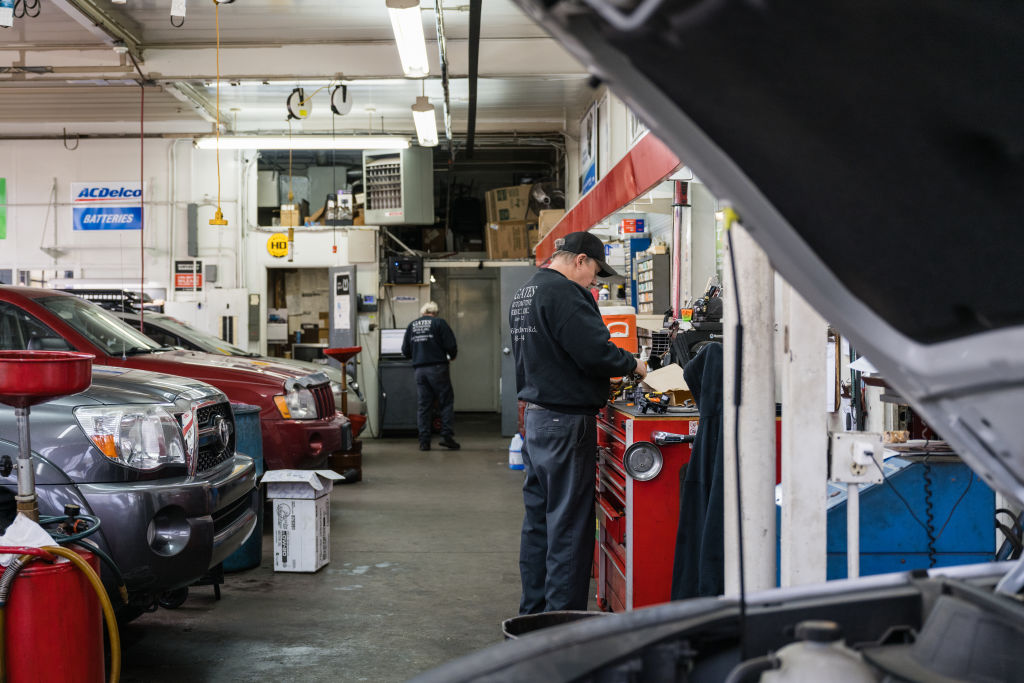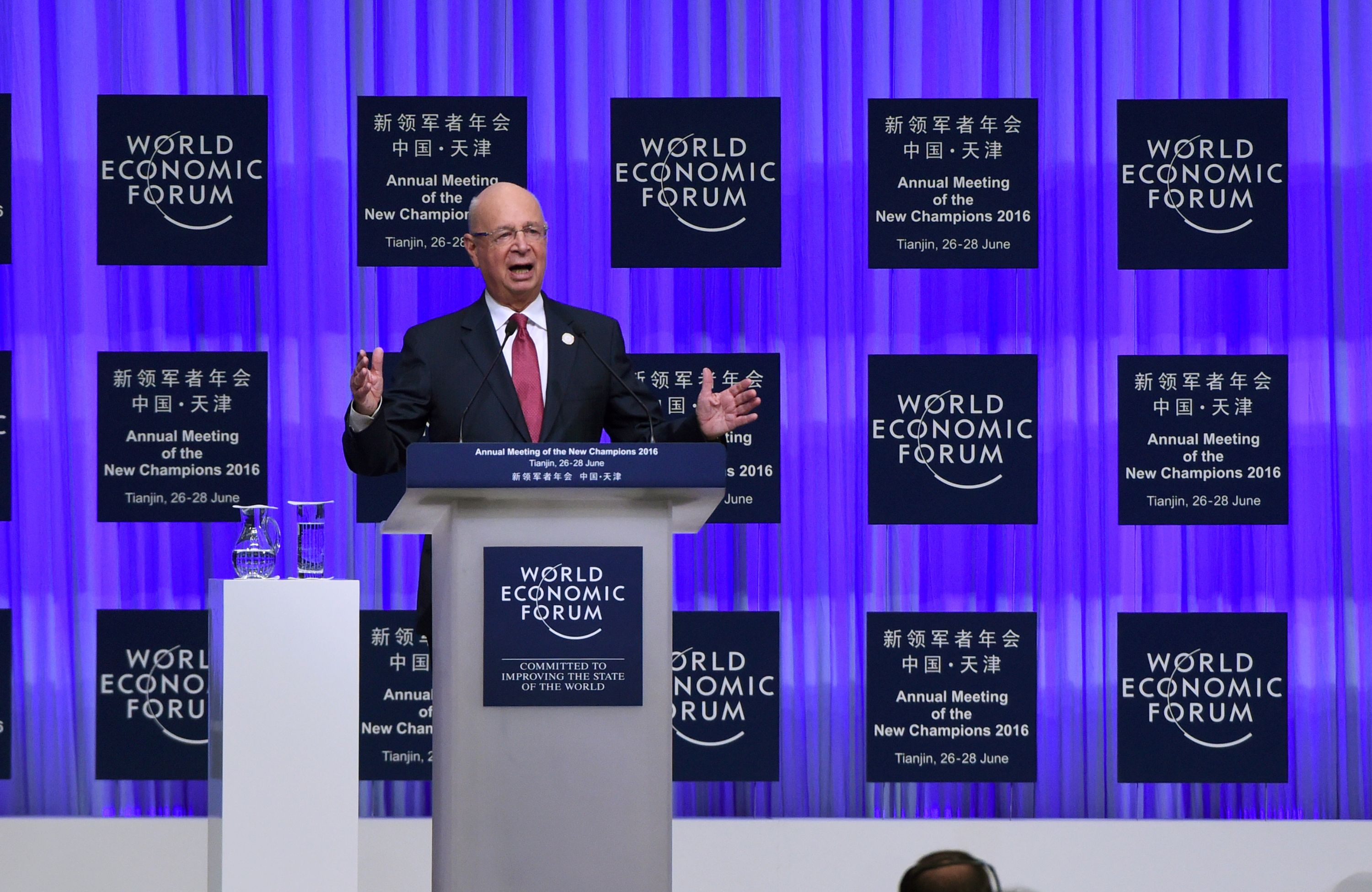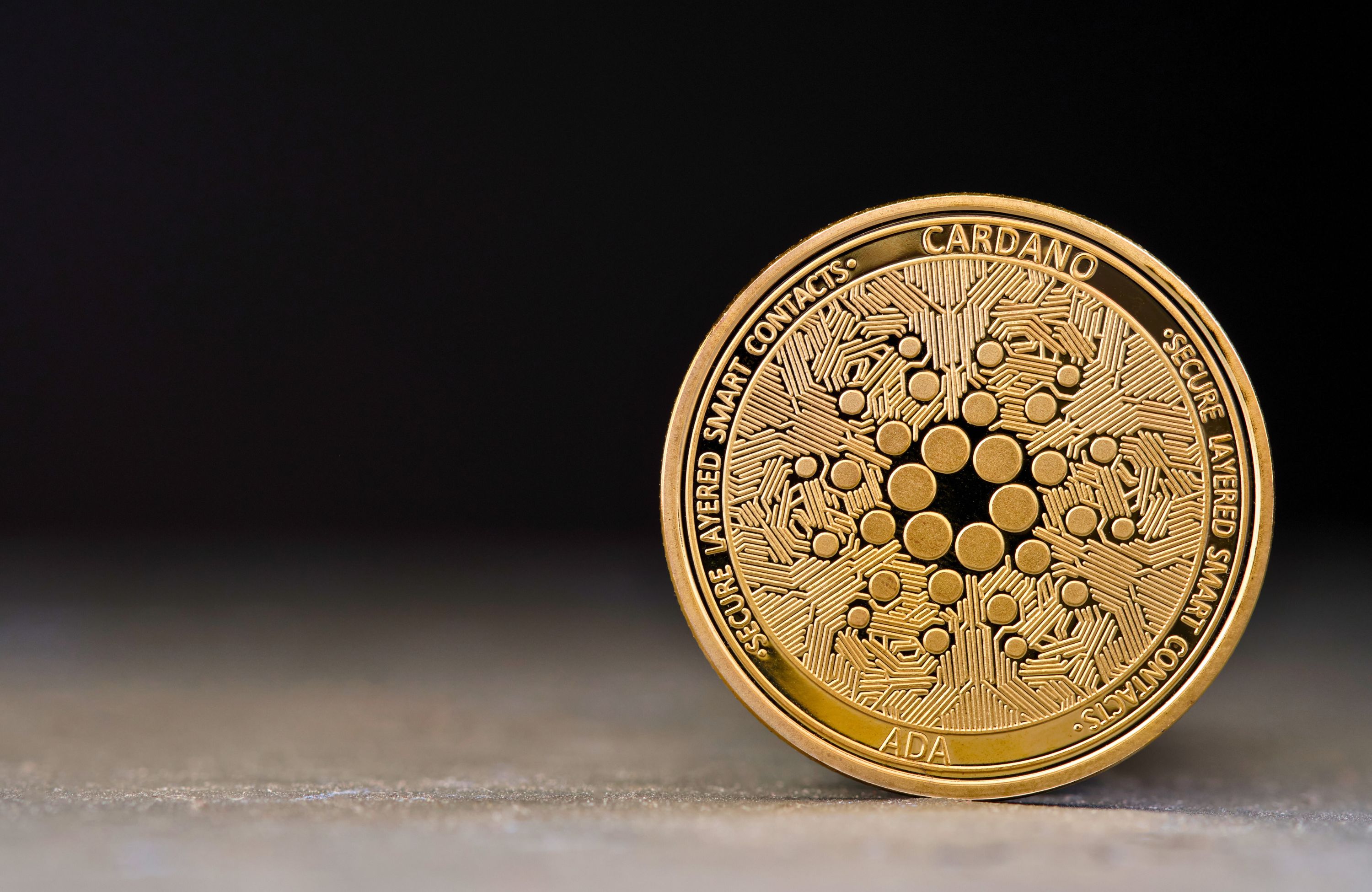Major U.S. Banks Raise Prime Rates After Federal Reserve Hike
By Staff Writer
Major U.S. banks raised their prime rates, a benchmark for a wide range of consumer and commercial loans, for the first time since 2006 on Wednesday, following a rate hike from the Federal Reserve. While the Fed has no direct influence on the prime rate, it is typically closely correlated to changes in the target federal funds rate.
According to IB Times, Wells Fargo was the first major bank to raise its prime rate. The prime rate is the rate at which individual banks lend to their most creditworthy customers, including large corporations. It is often used as a benchmark for other loans like credit card and small-business loans. Along with Wells Fargo, Citibank raised its base lending rate to 3.50 percent from 3.25 percent, effective Thursday; PNC Bank raised its prime rate to 3.50 percent, effective Thursday; and Bank of America raised its prime rate to 3.5 percent, effective immediately. Other major banks that raised their prime rates included U.S. Bancorp, JPMorgan Chase, HSBC, KeyCorp, M&T, BMO Harris Bank, SunTrust and Huntington Bancshares.
The Federal Reserve boosted the federal funds rate up a quarter of a point from near zero levels Wednesday, meaning the new benchmark rate, which is what commercial banks pay to borrow from the Fed, will drift between 0.25 percent and 0.5 percent. The move was highly telegraphed and widely expected.
"It is very difficult to raise interest rates because that 25 basis point or that 50 basis point increase makes a substantial difference in terms of financial asset prices and therefore economic growth," Bill Gross, lead portfolio manager of the Janus Global Unconstrained Bond Fund, told CNBC.
A change in the federal funds rate will have no impact on the interest rates on existing fixed-rate mortgages and other fixed-rate consumer loans, a Wells Fargo representative told CNBC.
But not everyone seems to be thrilled with the Fed move. According to Yahoo News, democratic presidential candidate and Vermont Sen. Bernie Sanders says the Fed rate hike will hurt American workers. Sanders - one of former Fed Chair Ben Bernanke's least favorite politicians - is tapping into sentiment that the country has yet to fully escape the clutches of a recession that officially ended six years ago.
"When millions of Americans are working longer hours for lower wages, the Federal Reserve's decision to raise interest rates is bad news for working families," Sanders said in a statement. "The Fed should act with the same sense of urgency to rebuild the disappearing middle class as it did to bail out Wall Street banks seven years ago."
When the Fed reduces rates to near zero in December 2008, few anticipated that they would stay there for seven years. Past surveys show that many economists expected the first hike to be in 2010. But the recovery from the worst economic downturn since the 1930s has been a long haul.


